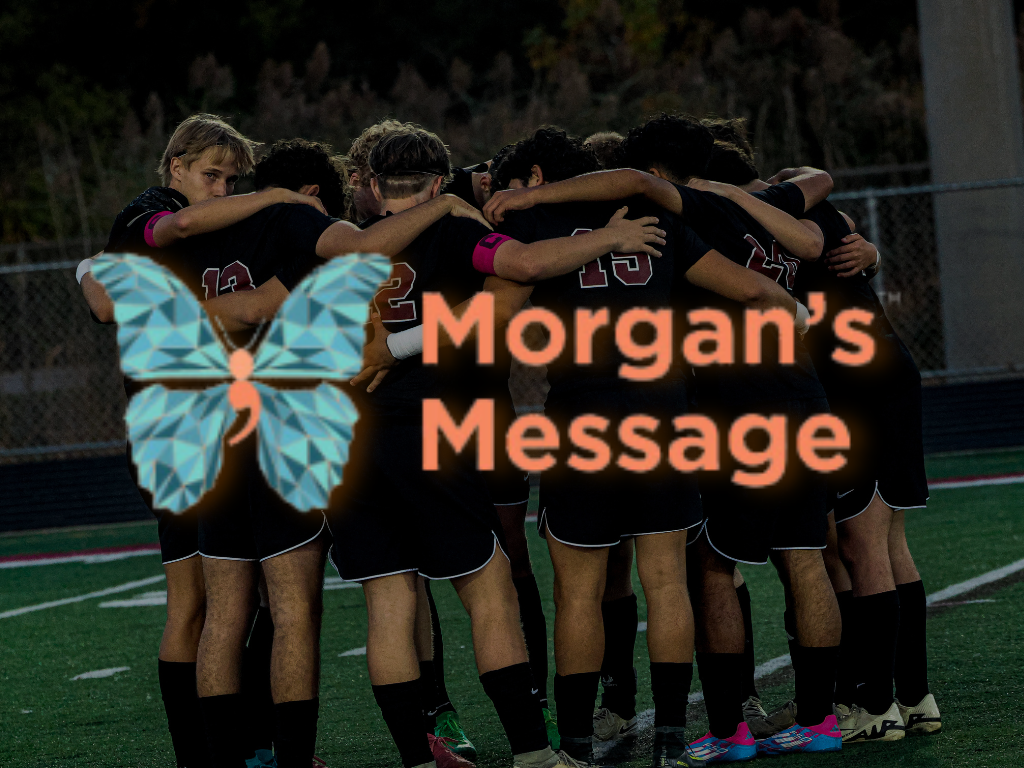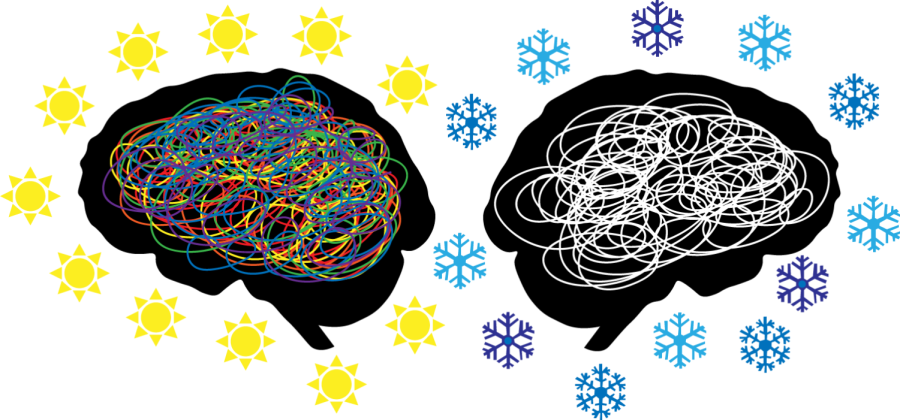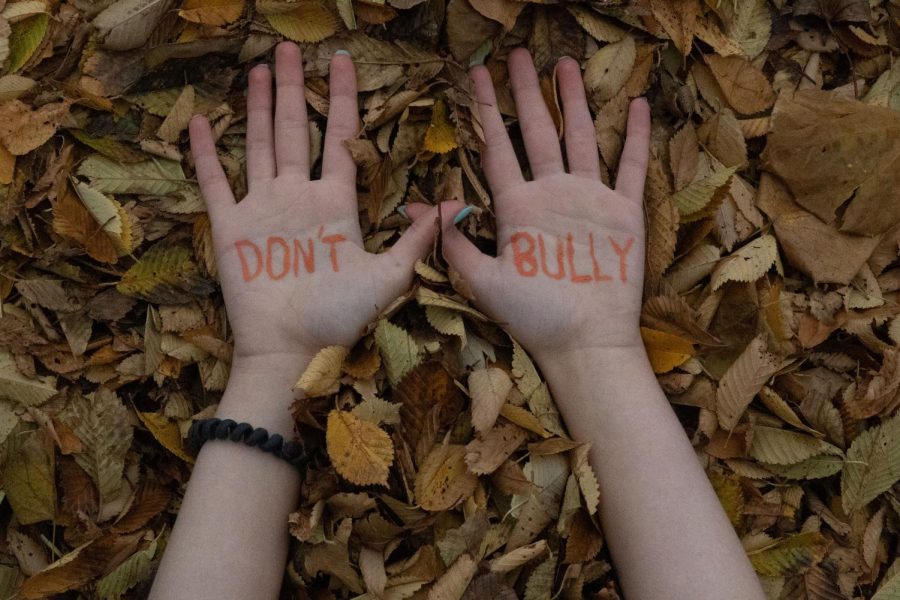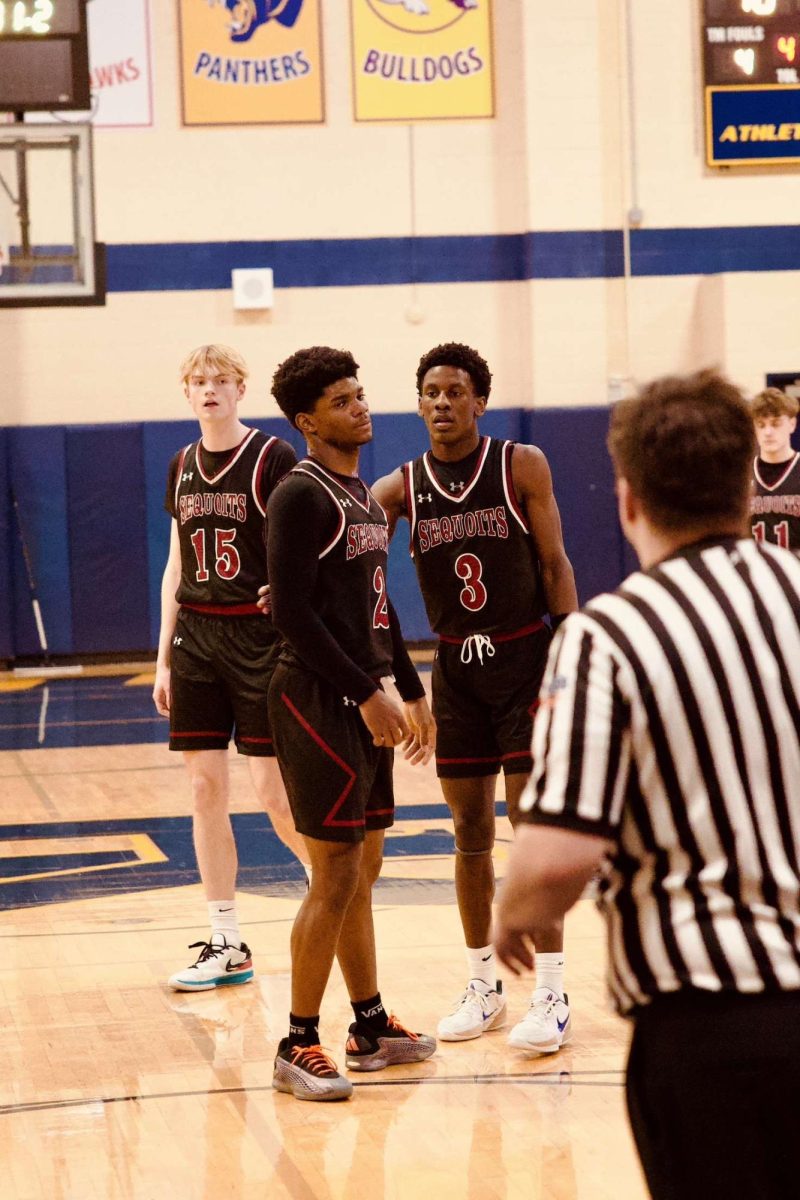With the new stigma that young adults should focus on only one sport, mental health becomes a pressing problem. Children start sports at a young age to make friends and get exercise; however, the older one gets, the more demanding sports become. Many require practices four to five times a week with games or tournaments on weekends. Those who thrive in multiple sports are then either unable to compete in multiple sports or are going from one practice to another with little or no time to take a break and catch some air. Going without a break can be detrimental to one’s mental health because our brain thrives on rest. It is also not good when one is stressed 24/7. Although they may love the sports, many eventually burn out because of the pressure and time commitment.
While balancing contacting coaches, eating properly and performing at their highest level, one also has the pressure of keeping up with grades in school, maintaining friendships and spending time with loved ones. According to Healthline, stress can increase headaches and depression, weaken the immune system, and cause tense muscles and stomach aches. While short-term stress can be beneficial to your health, chronic stress can play a detrimental role in one’s body.
What all parents say when grades start slipping, “school comes first,” yet even high school sports are becoming more and more demanding.
Whether or not sports positively affect work ethic can go either way. Junior tennis player Mackenzie Carley has a strong opinion.
“While being in a sport allows me to take a break from schoolwork and afterwards I feel refreshed, sometimes it can be hard if there’s a meet that could be up to an hour away and you don’t get home until 7 p.m.,” Carley said. “Then you’re really tired and it can be difficult to get all of your schoolwork done when you get home late, especially being in many AP classes.”
When in the college recruiting process with aspirations to play a college sport, stress can be increased even more. Senior Gabby Debevec, a Division 1 softball commit to the University of Illinois, speaks out on how the recruiting process affected her stress levels.
“I was being scouted by big D1 schools every game as a freshman and sophomore. That was always so nerve racking,” Debevec said.
She also spoke on how constant long weekends and far away tournaments can affect her sleep schedule.
“Managing my sleep isn’t that hard until it comes to the actual softball season in the fall, spring, and summer,” Debevec said. “When I have weekend tournaments, they can drag on long and sometimes I will barely get four hours of sleep at night.”
One may argue that the benefits of sports outweigh the negative. However, when it comes to high school students balancing school, mental health and sports, when is it too much? Grades start to slip because they are getting home late hours of the night then have to do homework and get as much sleep as possible. One may be able to maintain good grades and keep performance high, however, their mental health could be taking a toll and stress can be affecting their body.
The positive is that there are many ways to manage school, mental health, and their sport. Both Debevec and former D1 athlete and current AAA hockey coach, Taylor Moreland, emphasize the importance of time management.
“The number one key piece for me was time management, which allowed me to balance my schoolwork, mental health and playing hockey,” Moreland said. “Just manage when you can study and maintain a social life because that’s extremely important for your mental health.”
She emphasized the importance of making your sport an escape from everything else. She has come out of her D1 experience more well-rounded and better able to manage her time and mental health and is thankful for her college experience.
If you or someone you know is experiencing mental health problems, there are several resources available to find out more information or get connected with help. Check out some mental health resources below:
- Center for Young Women’s Health and Young Men’s Health: These websites provides a series of guides on emotional health, including on test anxiety, depression, bullying, and eating disorders. www.youngwomenshealth.org and www.youngmenshealthsite.org
- Go Ask Alice!: Geared at young adults, this question and answer website contains a large database of questions about a variety of concerns surrounding emotional health. www.goaskalice.columbia.edu
- Girls Health.Gov: The “Your Feelings” section of this website offers guidance to teenage girls on recognizing a mental health problem, getting help, and talking to parents. http://girlshealth.gov/feelings/index.html
- Jed Foundation: Promoting emotional health and prevent suicide among college students, this website provides an online resource center, ULifeline, a public dialogue forum, Half of Us, and Transition Year, resources and tools to help students transition to college. http://www.jedfoundation.org/students
- Kelty Mental Health Resource Center: Reference sheets are provided that list top websites, books, videos, toolkits and support for mental health disorders. http://keltymentalhealth.ca/youth-and-young-adults
- Reach Out: This website provides information on specific mental health disorders, as well as resources to help teens make safe plans when feeling suicidal, and helpful tips on how to relax. http://au.reachout.com/
- Teens Health: Providing a safe place for teens who need honest and accurate information, this website provides resources on mental health issues. http://teenshealth.org/teen/your_mind/
- Teen Mental Health: Geared towards teenagers, this website provides learning tools on a variety of mental illnesses, videos, and resources for friends. http://teenmentalhealth.org/
If you or someone you know is in crisis, contact the Suicide Prevention Lifeline at 1-800-273-TALK (8255), or dial 911 in case of emergency.
Hotlines for Students in Need
- National Youth Crisis Hotline: 1-800-448-4663
- Substance Abuse and Mental Health Services Administration (SAMHSA): 1-800-662-HELP (4357)
- National Alliance of the Mentally Ill: 1-800-950-6264
- The Trevor Project: 866-4-U-TREVOR
- Teen Line: 1-310-855-HOPE (4673)
- National Suicide Prevention Lifeline: 1-800-273-TALK (8255)
- Youth.gov, ”Suicide Prevention”









